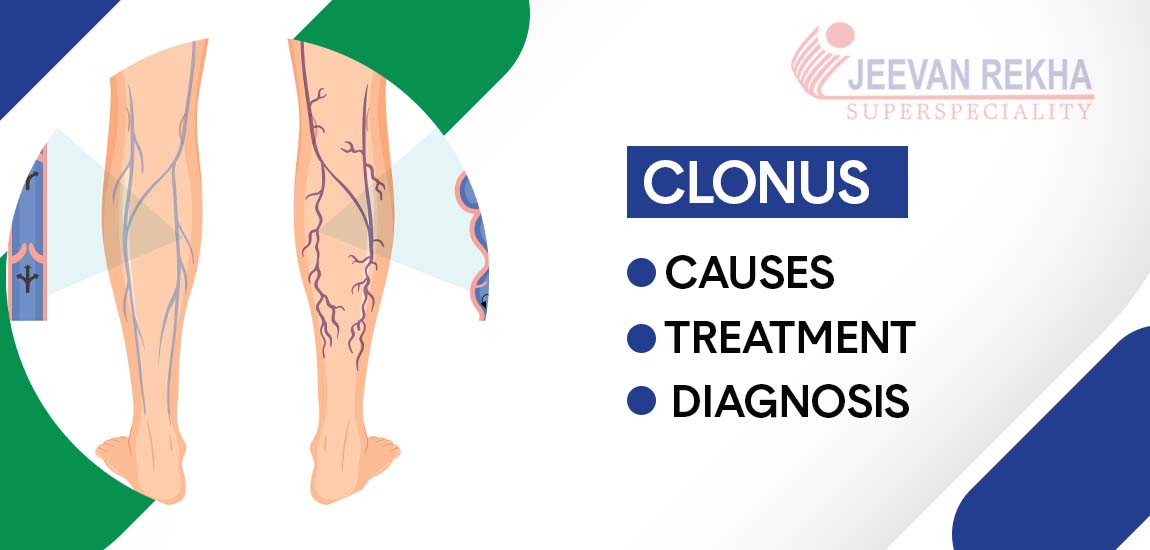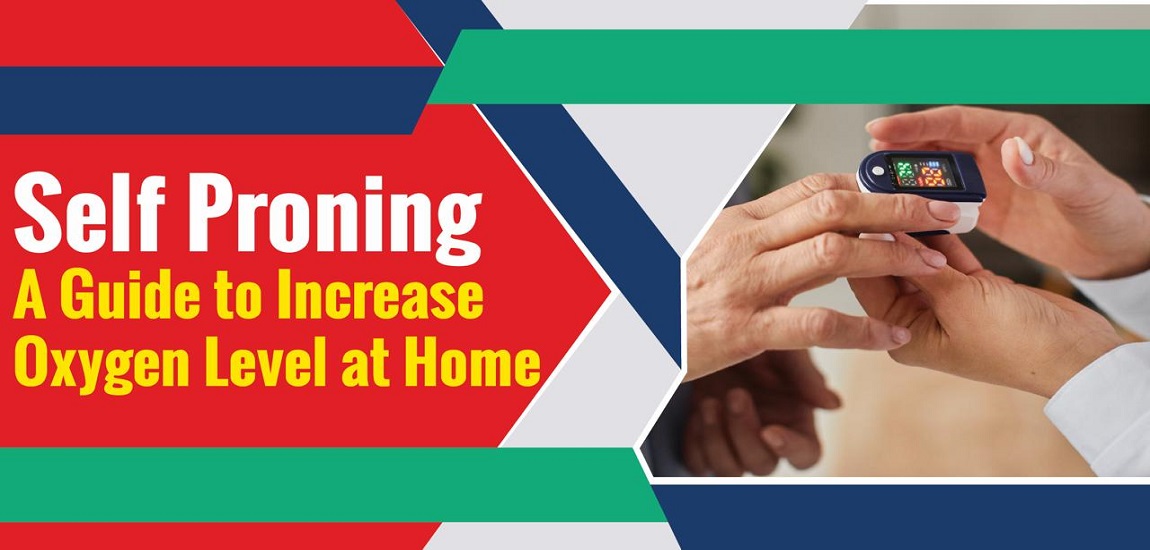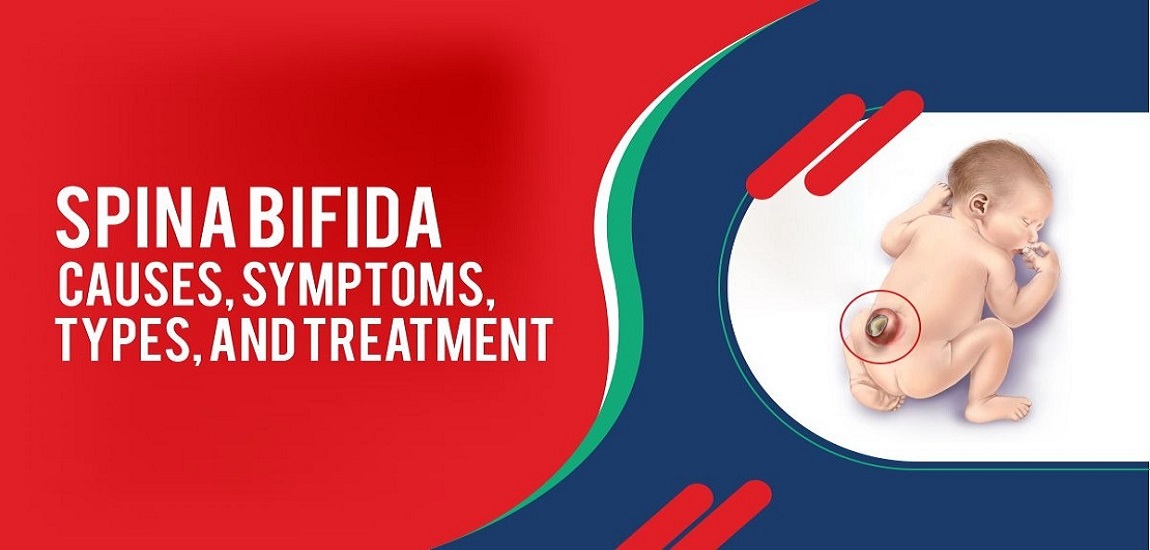
- By JRSH Admin
- In Health and Tips,
- Posted December 25, 2022
Clonus: Causes, Diagnosis, and Treatment
What is Clonus?
When the nerve cells that control the muscles are harmed, clonus, a neurological condition, can develop. Muscle spasms, which are brought on by this damage, are uncontrollable.
Clonus spasms frequently follow a rhythmical pattern. Several different muscles, especially in the extremities, frequently exhibit symptoms. The calves and biceps are among them, as are the ankles, knees, wrists, and jaw.
Muscles that have damaged nerves may not fire properly, resulting in pain, tightness, and involuntary contractions.
A muscle may pulse for a long time due to clonus, also known as the clonus reflex by medical professionals. This pulsing may cause a person's muscles to become fatigued, which could make it challenging for them to use that muscle later.
Everyday tasks can become difficult and even painful when you have clonus. More information on the causes and remedies is provided in this article.
Why does Clonus occur?
The interesting thing about clonus is that it can either be a condition on its own or a sign of another illness entirely. In either case, what's going on is brought on by a breakdown in the communication of information between the affected muscles and the central nervous system, which includes the brain and spinal cord.
The muscles at the tips of the limbs, particularly those in the ankles and wrists, are most frequently affected by clonus. Because of lesions that have developed somewhere on the motor neurons, when clonus manifests as a condition in and of itself, contractions may be triggered by muscle movement.
Other illnesses that can result from clonus include:
- Huntington disease
- Spinal cord injuries
- Brain injuries
- Meningitis
- Multiple sclerosis
- Stroke
- Cerebral palsy
A person should see a doctor to determine the cause of experiencing clonus. Finding the best treatment depends on understanding the cause.
Causes of Clonus:
A type of stretch reflex called clonus occurs when a muscle group is stretched or stimulated; as a result, the same muscle group contracts as a result of the neurons' perception of the stretch.
Reflexes of this kind are designed to guard against muscle tears and sprains. Contrarily, the normal contraction in clonus occurs repeatedly before ceasing in that condition.
Even though its precise cause is still unknown, clonus can be a symptom of numerous neurological conditions.
Common Causes of Clonus:
- Spinal cord injury
- Traumatic brain injury
- Orthopaedic trauma
- Multiple sclerosis
- Cerebral palsy
- Stroke
- Serotonin syndrome
Clonic movements can also be seen in connection with epileptic seizures, adverse drug reactions, and chemical imbalances.
Symptoms of Clonus:
These signs and symptoms could appear in people with clonus following a stroke:
- Stretch reflexes trigger rhythmic shaking.
- Spasticity as a concurrent ailment
- Fixed joints, also referred to as contractures, as a co-occurring condition
- Higher muscle tone
- Crossed legs unintentionally
- Muscle fatigue brought on by prolonged muscle pulsations
- Difficulty falling asleep because of persistent limb motion
- Excessive drowsiness during the day brought on by a sleep disturbance
Diagnosis of Clonus:
A physical examination is the first step in the screening for clonus. The doctor examines the area where contractions occur and note how much pain is present there.
They'll also count the number of contractions per minute if you experience the clonus reflex while you're in the doctor's office. Neurological disorder specialists in the medical field can also cause clonus by physically moving the affected body parts.
Your doctor might suggest a specific set of tests to confirm a clonus diagnosis. The diagnosis of cell or nerve damage can be aided by magnetic resonance imaging (MRI). Additional tests could involve blood work, spinal fluid samples, and balance and coordination evaluations.
Typically, more than one test is required to correctly diagnose clonus. To find any associated, undiagnosed conditions you might have and to treat them, several tests are required.
Treatment of Clonus:
The following are the most typical therapies for clonus following a stroke:
1. Rehabilitation Exercise
Rehabilitation exercise focuses on mastering particular movements to assist with neuroplasticity-based brain rewiring.
Neuroplasticity enables healthy parts of the brain to "pick up the slack" when the motor cortex has been affected by a stroke. Clonus may go away as your muscles and brain retrain each other to communicate.
The key is repetition, or "massed practice." Specific brain neurons are activated each time you practice an exercise. The stronger the connection between these neurons is, the more often they fire together.
A safe, non-invasive treatment for clonus following a stroke is rehabilitation exercise. To obtain some therapeutic exercises you can safely perform at home, speak with your therapist.
2. Medications
Rehab exercises require time to rewire the brain. Medication for clonus after stroke is an alternative treatment option to think about in the interim.
Clonazepam and diazepam are two drugs that can temporarily lessen the symptoms and spasticity of clonus. Muscle relaxants like baclofen and tizanidine and sedatives like clonazepam and diazepam can also help. Consult your physician to determine whether medication is a good choice for you.
3. Botox
Botox injections can ease the symptoms of clonus after a stroke by acting as a temporary nerve block, which relaxes the muscles.
While the clonus is momentarily alleviated, patients can use this time to engage in physical therapy activities that will help them improve their clonus permanently.
4. Compensation Techniques
While compensatory strategies won't get to the bottom of the issue, they can help you manage the symptoms of clonus and improve your quality of life. The following advice will help you manage clonus following a stroke:
- To relieve sore muscles, apply cold packs.
- To relieve pain, use heat packs.
- Magnesium can help muscles relax, so try taking supplements or taking magnesium salt baths.
Always consult your physician before taking magnesium or any other supplements as they may interact with your current medications.
5. Surgery
Your doctor might advise surgery if your quality of life is being negatively impacted by clonus and none of the aforementioned treatments is effective. This is the last resort.
Home Remedies of Clonus:
Although there is no known cure for clonus, home remedies may be useful in treating its symptoms. Muscle pain can be relieved by taking a warm bath or using a heating pad. Any persistent muscle pain you may experience from clonus will be relieved by an ice pack.
To help with muscle tone improvement and range of motion expansion, your doctor or physiotherapist might also suggest yoga or stretching.
Tags
Blog Search
Latest Posts
-
Ear Infections (Otitis Media): Top Triggers & How to Avoid Them?
April 11, 2025 -
Implantation Bleeding Vs Periods: Know the Difference
March 12, 2025 -
5 Tips for a Happy and Healthy Summer
February 27, 2025 -
Body Ache (Pain): Causes, Symptoms and Treatment Options
February 10, 2025 -
Fatigue and Exhaustion: Causes, Symptoms, and Treatment
January 08, 2025




